How to use wah and filter pedals on bass
Transform your bass tone and scale up your funk by adding a filter pedal to your floor game
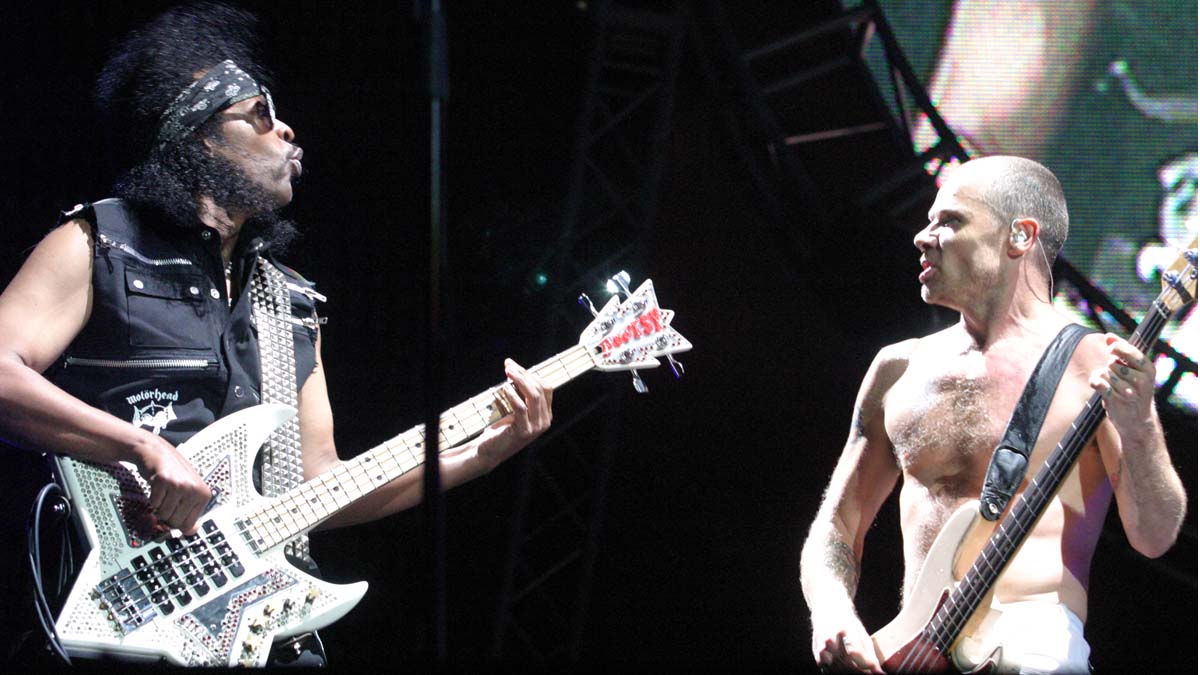
What in tarnation are filter pedals?
These are a group of effects that use electronic ‘building blocks’, also known as filters. A filter, or filter circuit, is like an equalizer in that it shapes the frequency spectrum of an audio signal in some way.
Additional electronic building blocks can also help to automate this process, allowing for real-time sweeping, oscillation or envelope tracking to further manipulate this signal.
You don't say. What types of filter pedal are there?
Well, many! Some pedals will include several types of filter, not just the examples we’re looking at here, especially in the case of DSP-based (digital signal processing) multi-effect units.
Wah
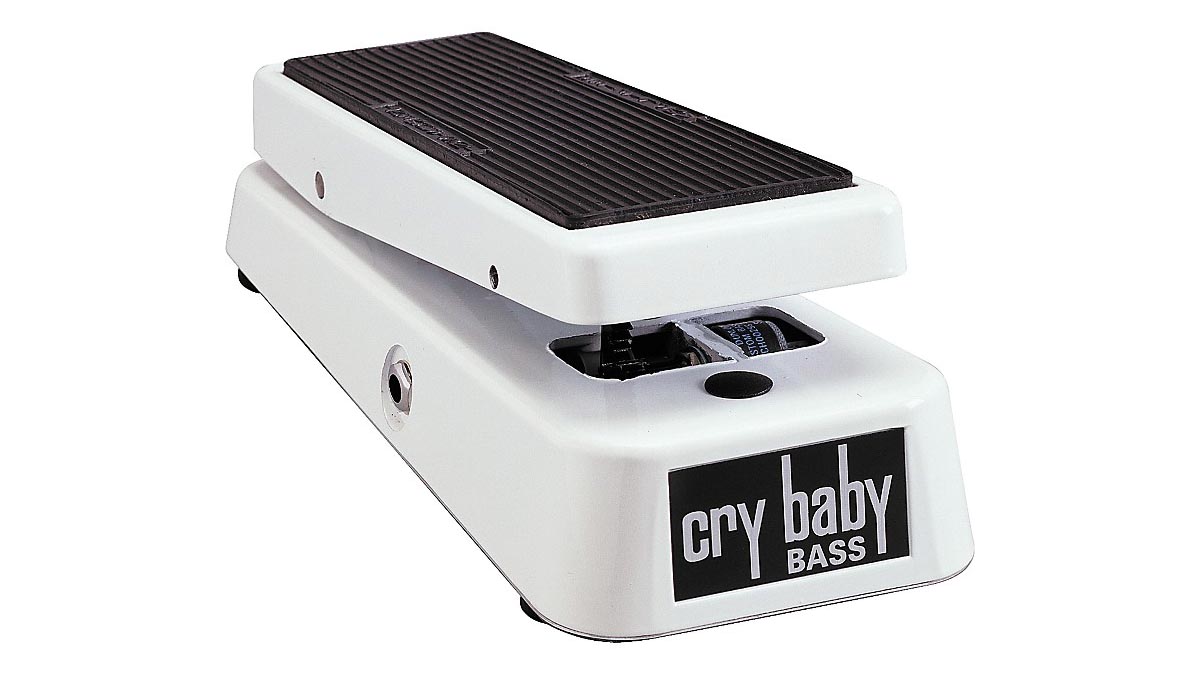
Dunlop Cry Baby Bass Wah
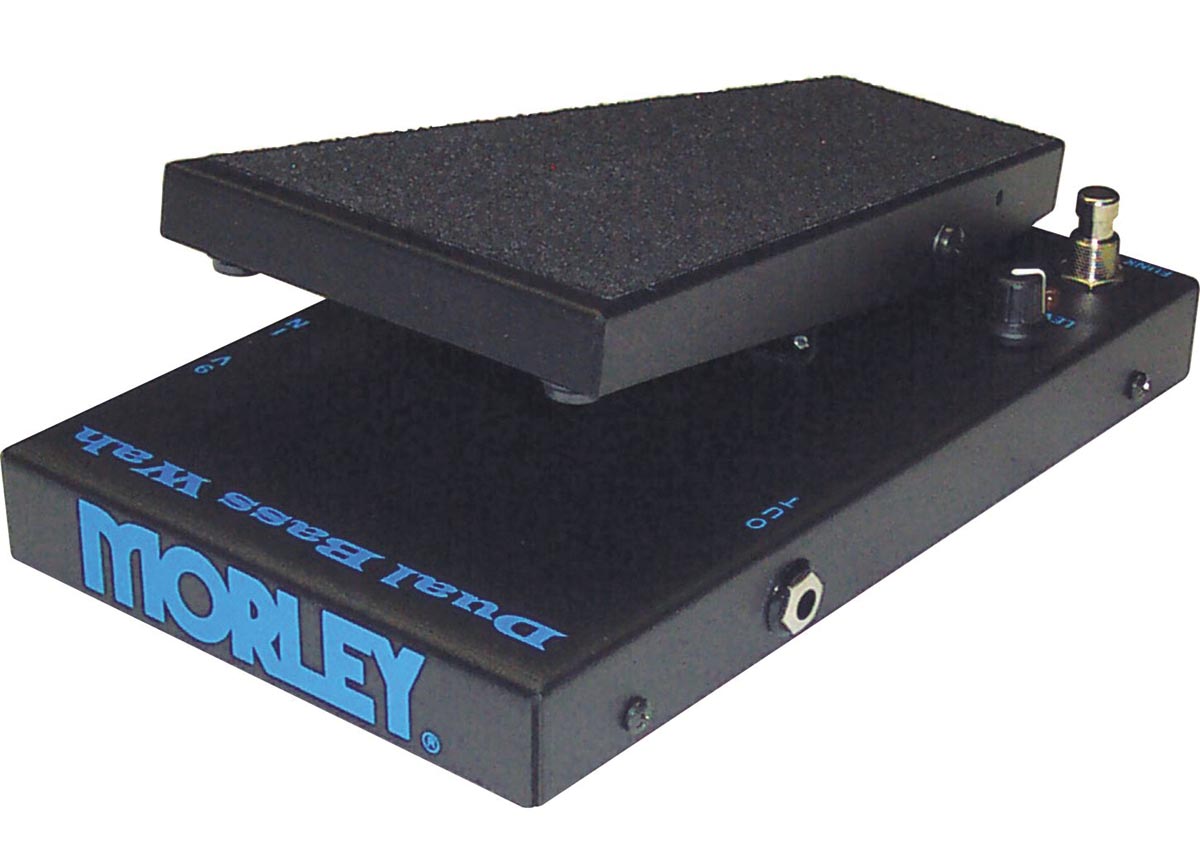
Morley Dual Bass Wah
This effect creates a narrow peak in the audio spectrum which is shifted from low to high by the action of a physical pedal that is rocked back and forth.
If you’re unfamiliar with the wah sound, then a slight return to the opening lines of Jimi Hendrix’s Voodoo Child will be necessary! Sorry about the bad pun.
Auto-Wah
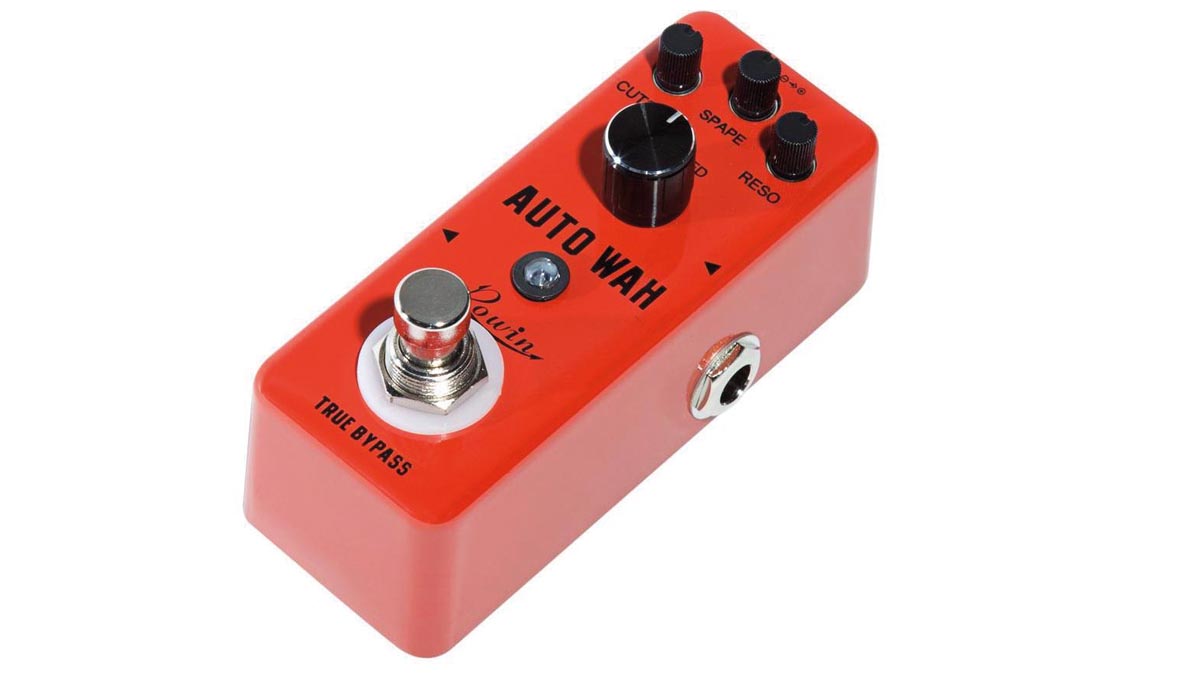
Unlike the manual wah, as an instrument is played, the dynamics of the incoming signal are tracked, and that manipulates the movement of the filter peak instead.
Envelope Filter
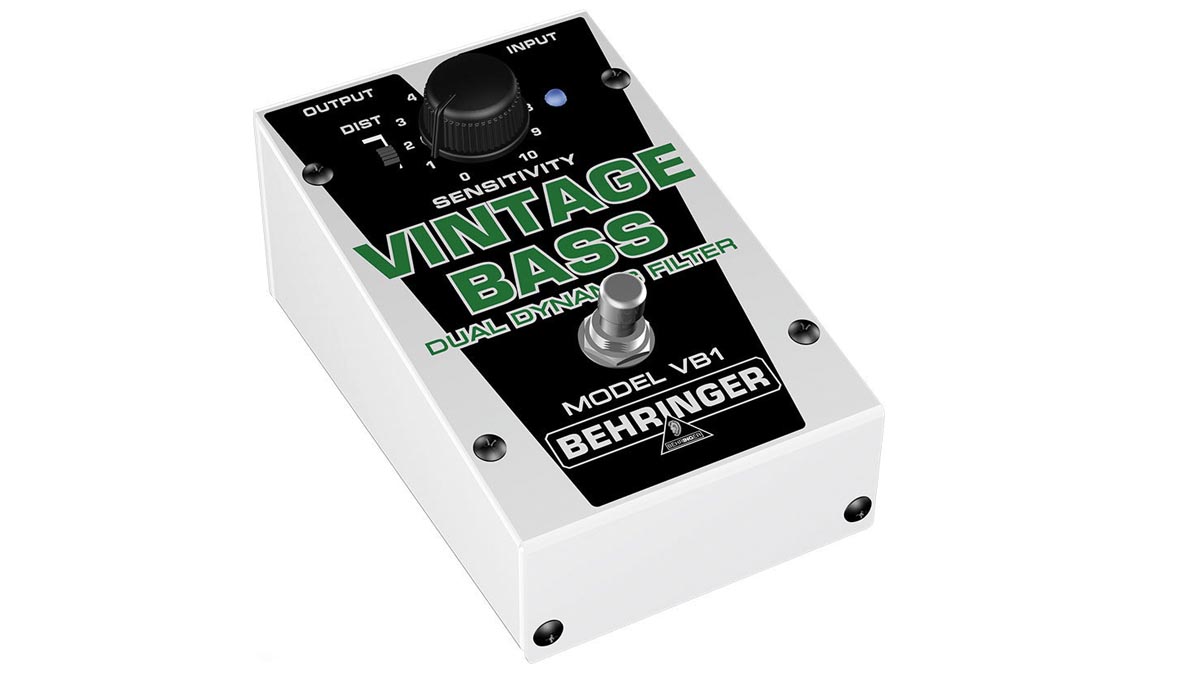
Behringer Vintage Bass Dual Dynamic Filter
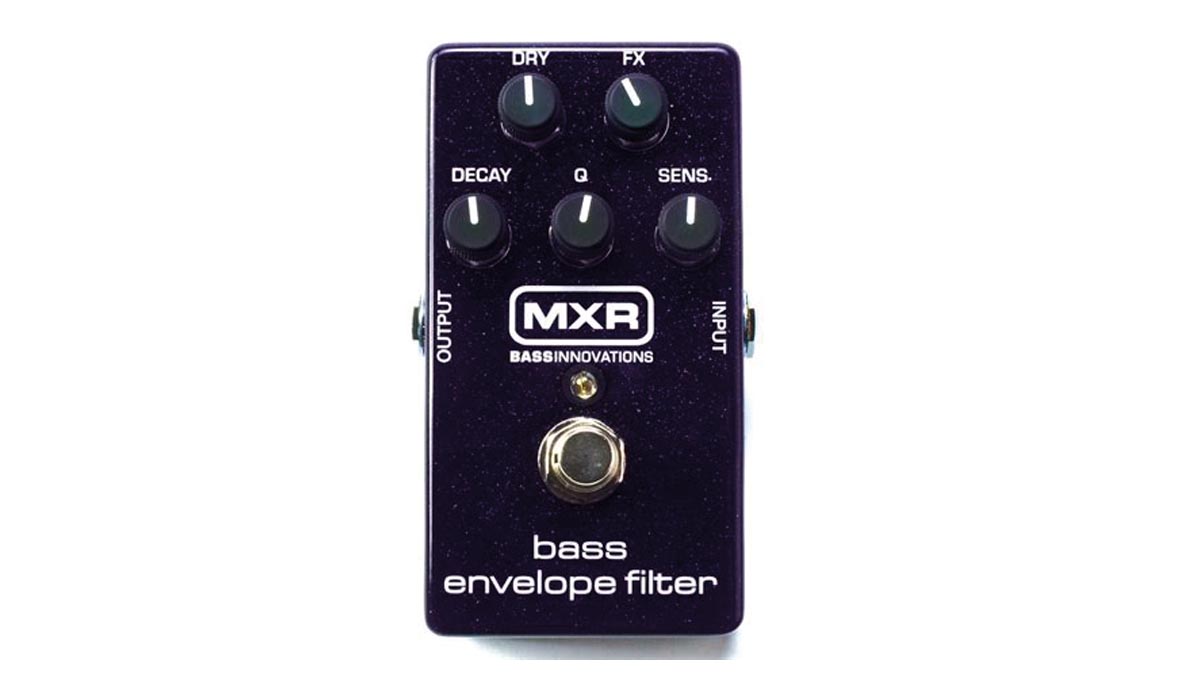
MXR Bass Envelope Filter
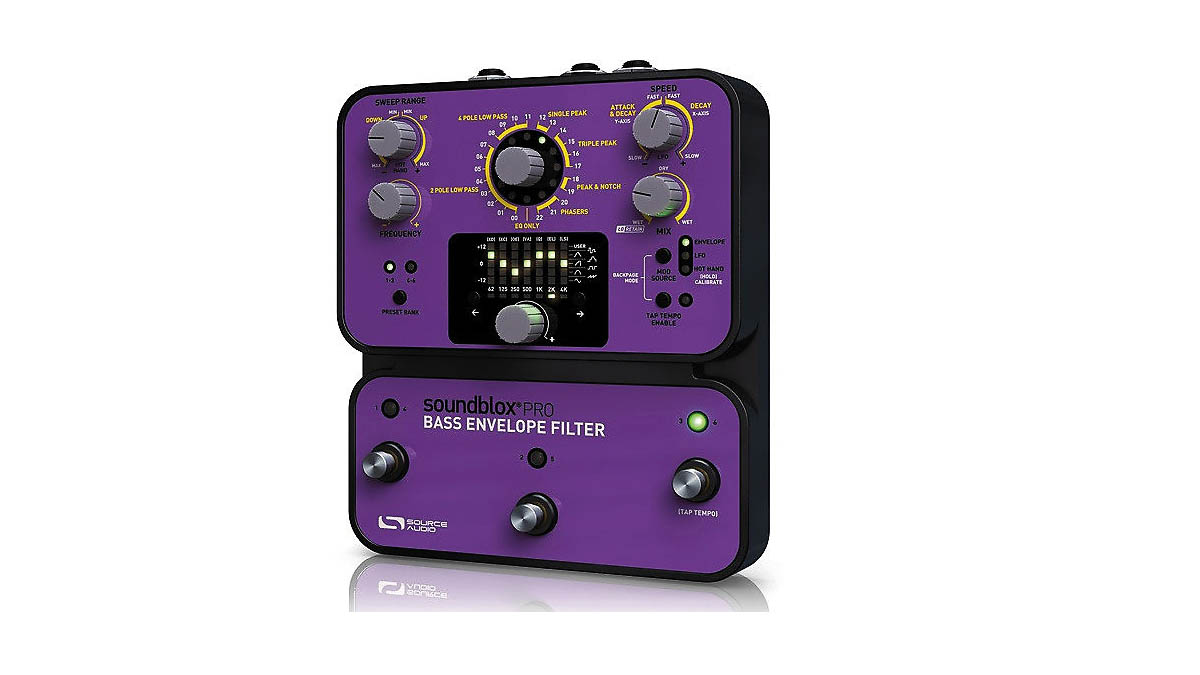
Source Audio Soundblox Pro Envelope Filter
A device whose filter circuit’s sweep is affected by the velocity of the input (or instrument) signal. Furthermore, as well as tracking the envelope of your input dynamics directly, crossing a threshold can be used to trigger a filter sweep in either an upward or downward slope. Intensity and speed of the filter slope are adjustable, so mix them to taste.
Synth Filter
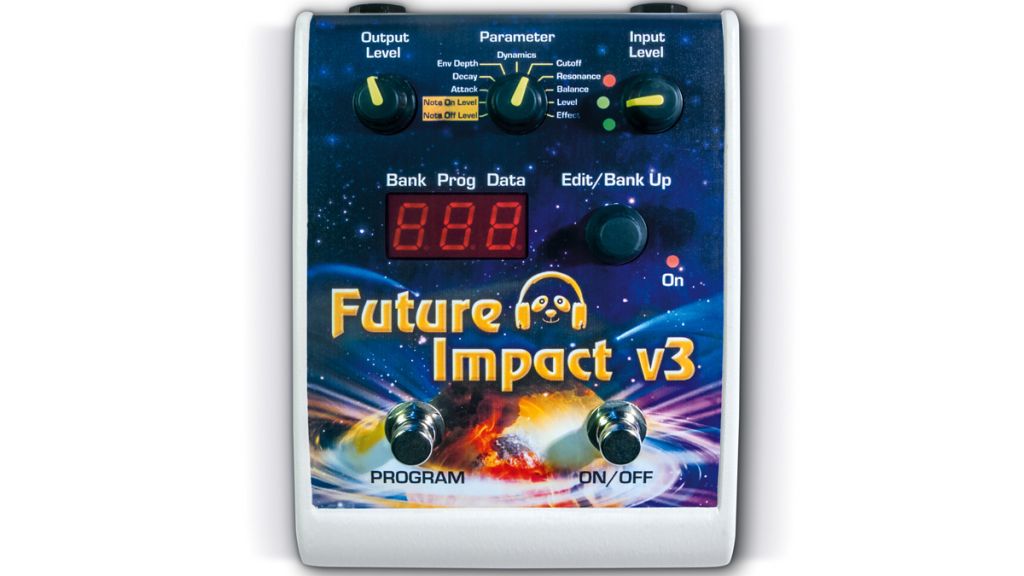
Onboard low-frequency oscillators (LFOs) control multiple parameters of filters to recreate analogue synthesizer keyboard sounds. You will also find that envelope tracking is a feature as well, as is shaping your overall instrument envelope.
An example is that swelling the volume after the initial note attack creates a ‘bowed’ sound. It doesn’t stop there: The internal circuitry often included can produce waveform sounds reminiscent of older analogue synthesizers in the form of triangle, saw-tooth and square-wave.
No idea what you are talking about. Anyway, what the hell do all these knobs do?
Lots of cool things! There are so many pedals on the market that I can’t possibly cover every instance and naming standard of controls on each, but here are the most likely ones that you’ll find.
- Blend: The mix between an effected signal and your direct bass sound.
- Attack: Often this governs how long it takes for a filter to sweep to its maximum after being triggered.
- Decay: Like Attack, this controls how long the filter takes to return.
- Sensitivity/Response: How sensitive the effect is to your playing transients.
- Resonance/Q: Advancing this knob will make the filter peak more pronounced. Upward filtering is often described as a‘quack’ sound when set fast and sharp.
- Range/Band: The filter effect can be set more prominently in the low, middle or high frequencies, depending on available options.
- EQ/Tone: The option of tone-shaping to bring out clarity or soften the effect.
- Sweep: The filter sweep direction can be selected up or down.
Where can I hear filter effects?
Check out these well-known songs, as suggested by the fantastic members of Basschat!
- Miles Davis On The Corner
- Parliament Chocolate City
- Red Hot Chili Peppers Sir Psycho Sexy, The Power Of Equality
- Sleeper Sale Of The Century
- Bauhaus St Vitus Dance
- Snarky Puppy The Curtain
- Bootsy Collins Stretchin’ Out, What's A Telephone Bill
- Weather Report Cucumber Slumber
- King Crimson Lark’s Tongues In Aspic Part 1
- Metallica For Whom The Bell Tolls
- Rage Against The Machine Calm Like ABomb, Township Rebellion
- Black Sabbath N.I.B.
- Jamiroquai Blow Your Mind
- Muse Plug In Baby
- Yes On The Silent Wings Of Freedom
- Thundercat Them Changes
- Graham Central Station Earthquake
Get The Pick Newsletter
All the latest guitar news, interviews, lessons, reviews, deals and more, direct to your inbox!
“There are so many sounds to be discovered when you get away from using a pick”: Jared James Nichols shows you how to add “snap, crackle and pop” to your playing with banjo rolls and string snaps
Don't let chord inversions bamboozle you. It's simply the case of shuffling the notes around

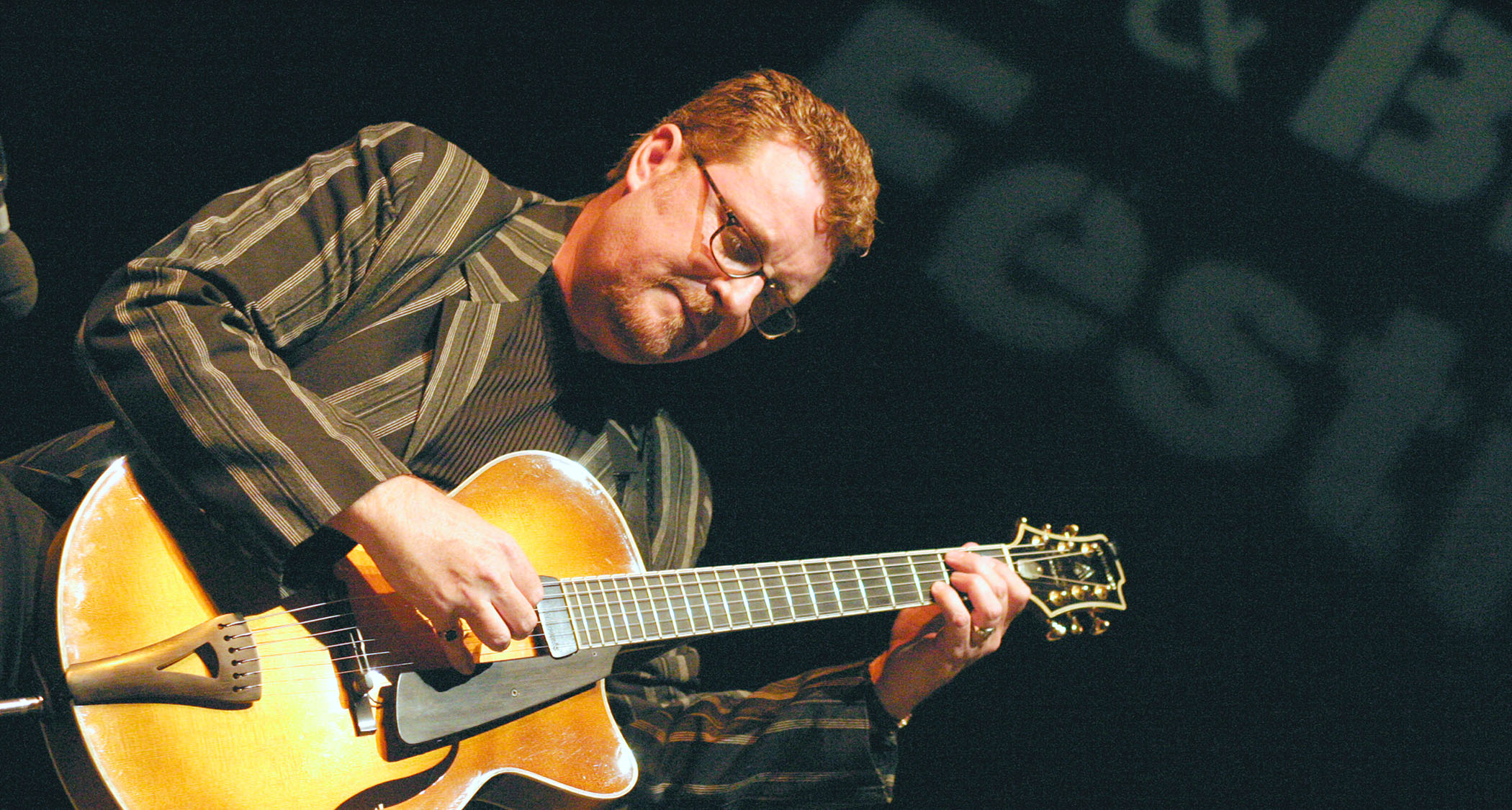


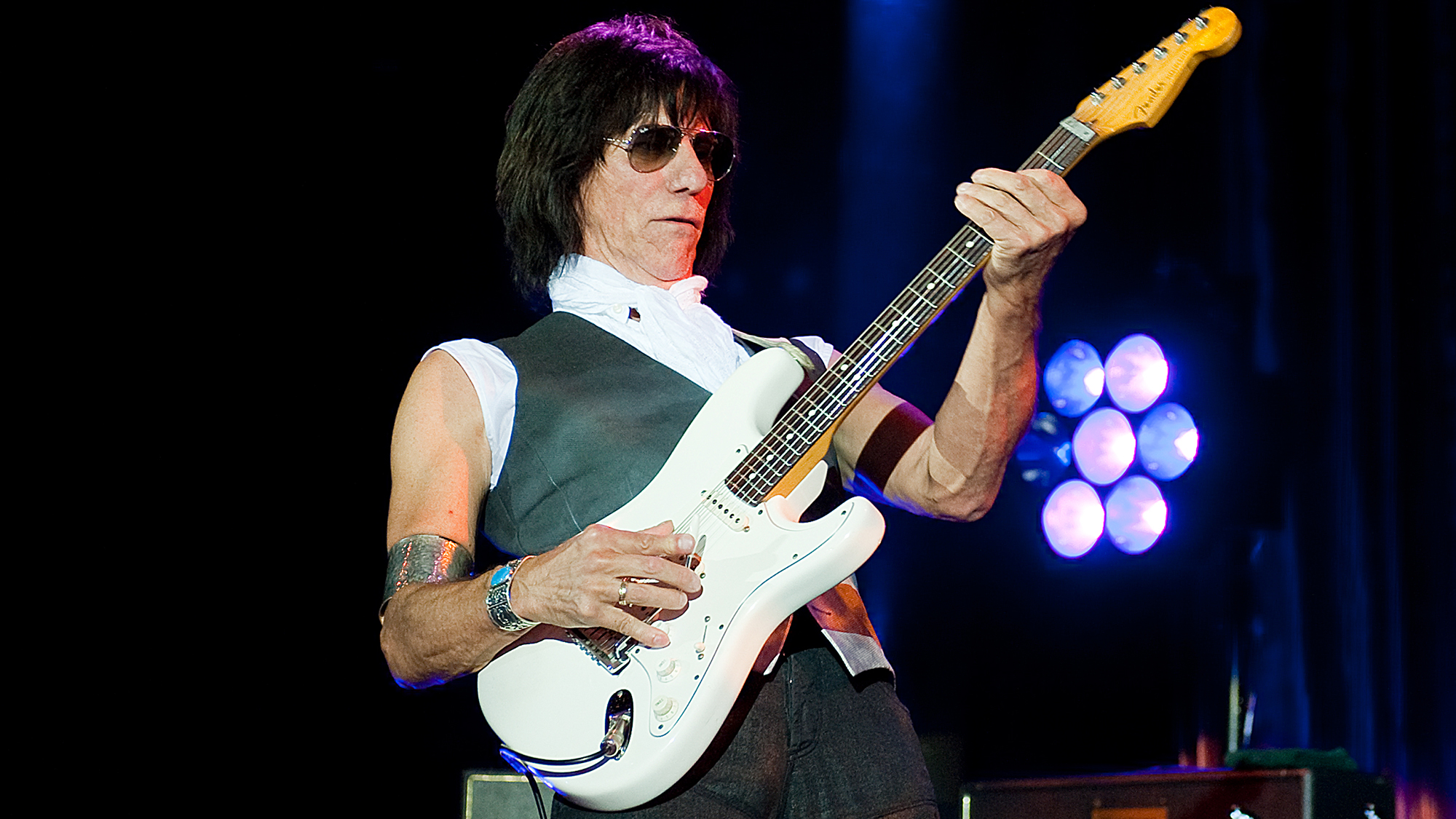
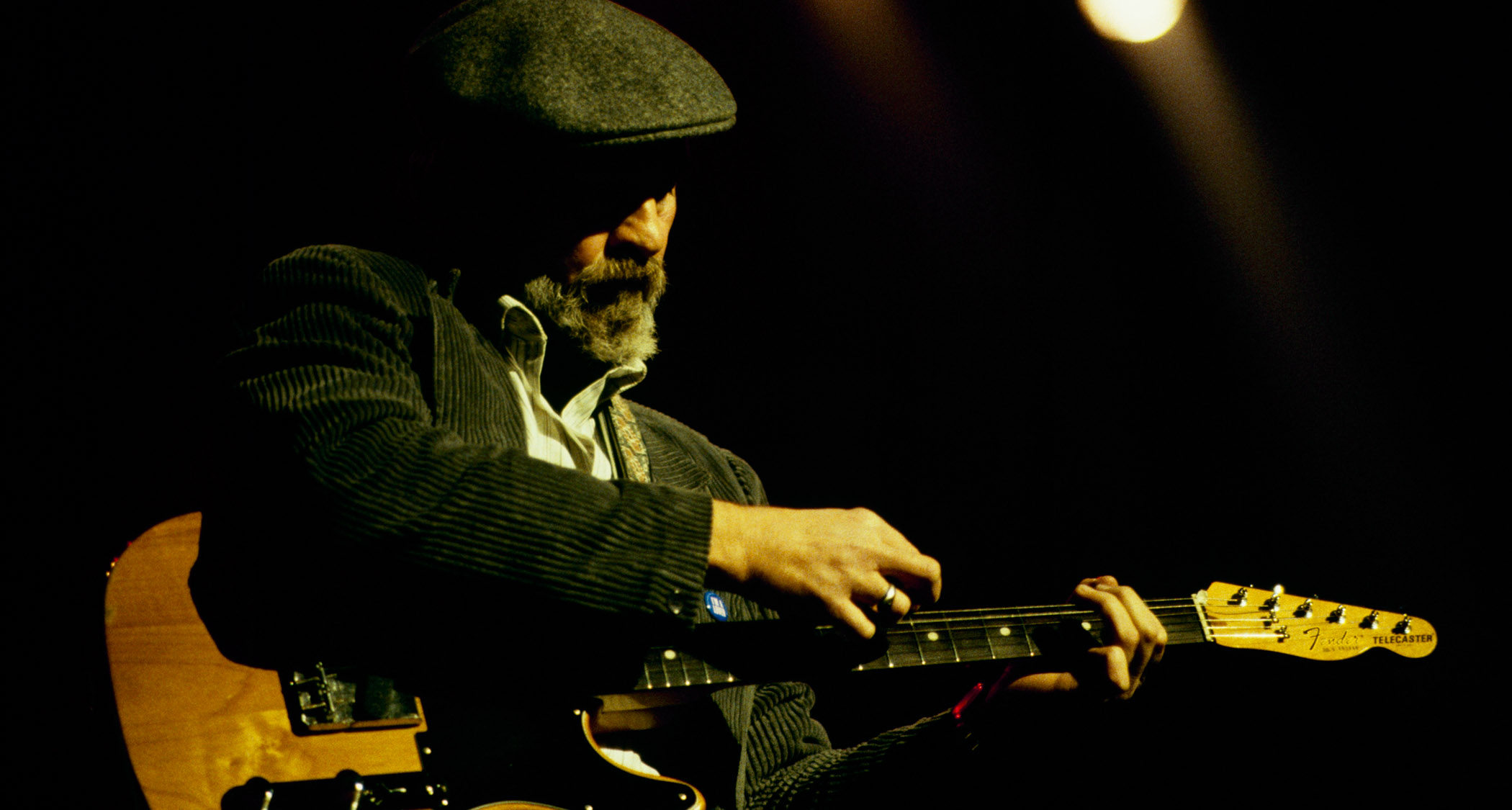
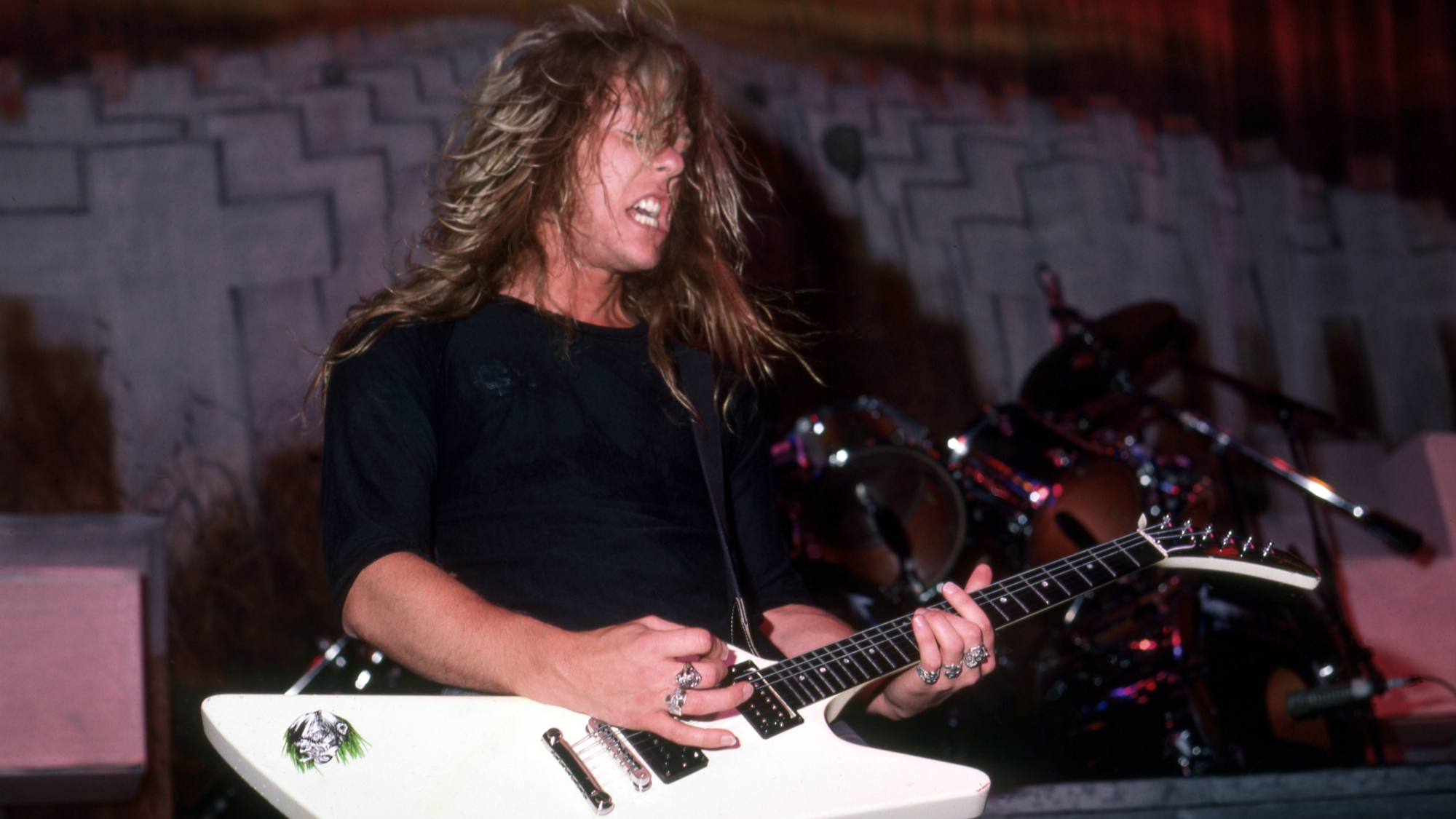
![Joe Bonamassa [left] wears a deep blue suit and polka-dotted shirt and plays his green refin Strat; the late Irish blues legend Rory Gallagher [right] screams and inflicts some punishment on his heavily worn number one Stratocaster.](https://cdn.mos.cms.futurecdn.net/cw28h7UBcTVfTLs7p7eiLe.jpg)


